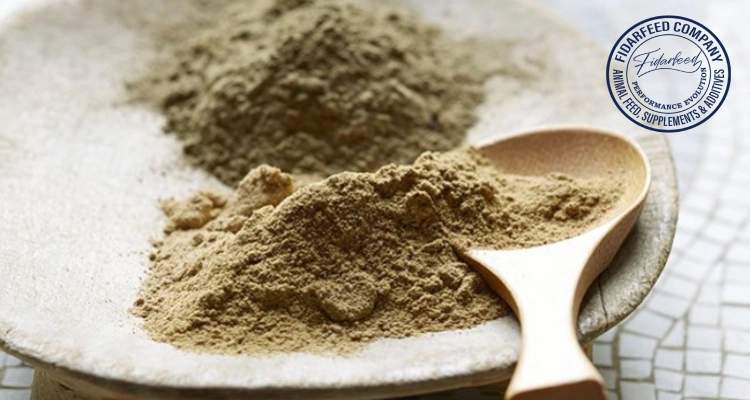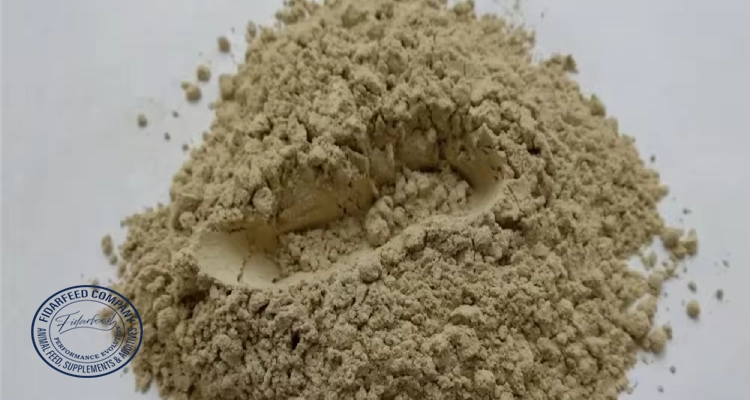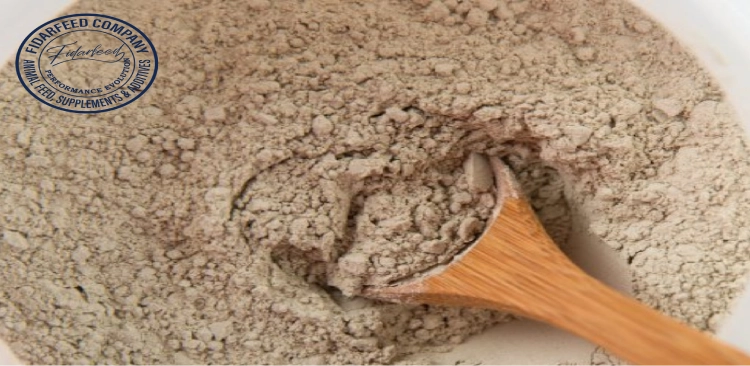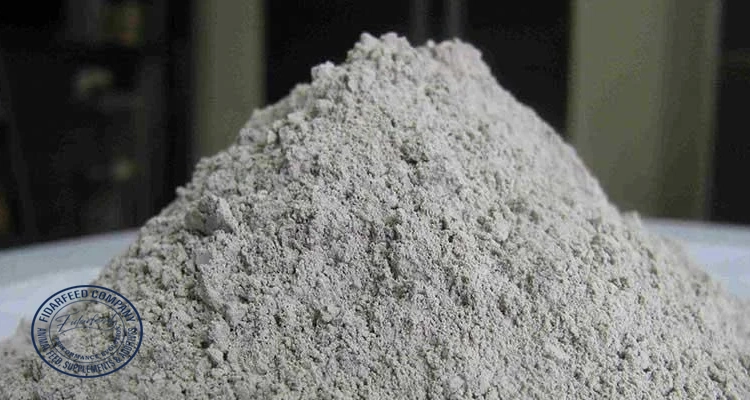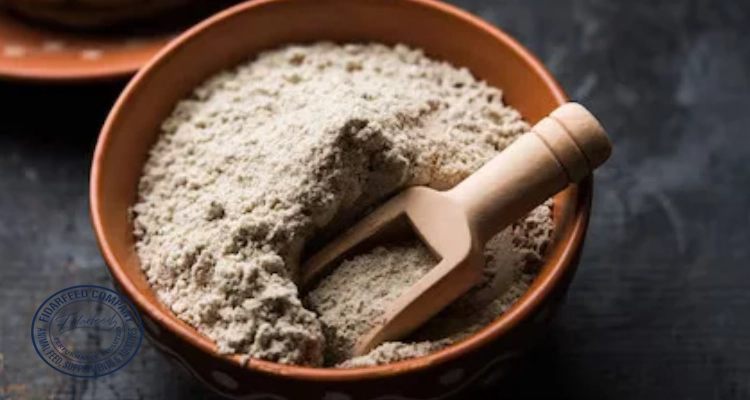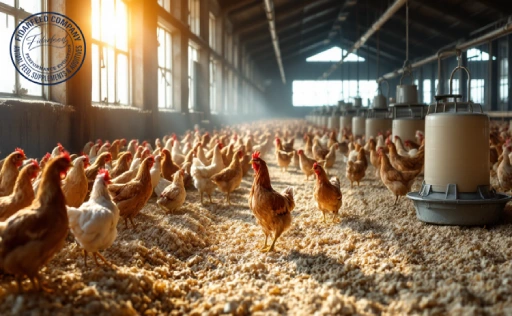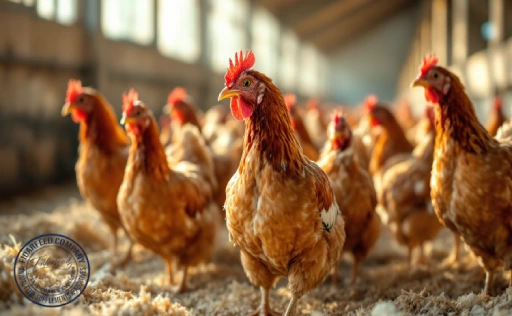The Rising Importance of Bentonite in Layer Feed
Bentonite in layer feed is no longer just an additive—it’s a trusted tool that poultry producers are embracing for consistent performance and healthier flocks. As feed quality, egg output, and hen health become increasingly vital to profitability, producers are looking for natural, effective ways to boost performance without compromising safety. Bentonite, a clay-based mineral, is gaining widespread attention due to its unique properties that offer both nutritional and protective benefits. In this article, we’ll explore why bentonite has earned the trust of poultry farmers around the world and how it can bring measurable improvements to your operation. Let’s dive in.
What Is Bentonite and How Does It Work in Layer Feed?
Bentonite is a naturally occurring clay formed from volcanic ash. Its most valuable feature is its strong adsorptive capacity—meaning it can bind to toxins, moisture, and other substances within the digestive tract. In layer feed, this helps improve gut health, stabilize digestion, and prevent the absorption of harmful mycotoxins.
Learn more about: Active Probiotic Yeast for Poultry
There are several types of bentonite, but calcium and sodium bentonite are most commonly used in animal feed. When added in proper proportions, bentonite acts like a sponge in the gastrointestinal system—absorbing unwanted materials and promoting better nutrient use.
Healthier Hens, Better Eggs: Key Benefits of Using Bentonite in Layer Feed
Poultry breeders know that a healthy hen produces better-quality eggs. Bentonite helps by reducing gut irritation, supporting a balanced microbiome, and minimizing toxin-related stress.
Learn more about: Smart Chicken Waste Management: Sustainable Solutions for Poultry Farmers
When hens feel better, they eat more regularly, digest feed more efficiently, and maintain stable production cycles. According to a 2020 study published in the Journal of Poultry Science, the use of bentonite in layer diets significantly improved egg production and shell quality by reducing the impact of aflatoxins. Healthier hens also experience fewer cases of diarrhea and digestive discomfort—leading to lower mortality and better flock uniformity.
Improved Feed Efficiency: How Bentonite Enhances Nutrient Absorption
Bentonite plays a critical role in improving feed efficiency by stabilizing the digestive environment. Its ability to bind excess moisture in the gut prevents the rapid passage of feed and allows for longer nutrient contact time with the intestinal wall.
Learn more about: Boost Your Poultry’s Growth with Sustainable, High-Quality Processed Meat Meal
This helps hens absorb more proteins, minerals, and vitamins from the same quantity of feed. For producers, this means less feed waste and more return on investment. Scientific trials have shown that bentonite inclusion can lead to up to 5% better feed conversion ratios (FCR), giving you more eggs per kilogram of feed consumed.
Protecting Layers from Mycotoxins: Bentonite’s Natural Shield
One of bentonite’s most important benefits is its function as a natural mycotoxin binder. Mycotoxins, especially aflatoxins and ochratoxins, are common contaminants in grains and feed ingredients. Even at low levels, they can disrupt liver function, reduce egg quality, and suppress immunity.
Learn more about: Tips for Buying High-Quality Bentonite at Competitive Prices
Bentonite selectively binds these harmful compounds, preventing their absorption into the bloodstream. Unlike chemical binders, bentonite does this without affecting essential nutrients. This added layer of protection ensures that your flock remains safe and productive even when feed quality fluctuates.
Stronger Shells and Steadier Output: Supporting Egg Quality with Bentonite
Layer productivity isn’t just about the number of eggs—it’s also about the quality. Thin or brittle eggshells can lead to losses and reduced hatchability. By improving mineral absorption and stabilizing gut health, bentonite helps birds produce stronger, more uniform shells.
Learn more about: How Bentonite Improves Cow Rumen Function
In a commercial trial, laying hens supplemented with bentonite showed a 10% improvement in shell strength over six weeks, particularly when feed was exposed to mild toxin contamination. Producers also reported more consistent egg weights and fewer deformities, adding value across the entire production cycle.
Economic Advantage: Why Bentonite in Layer Feed Pays Off Long-Term
While the upfront cost of adding bentonite to your feed might seem like an extra expense, the long-term savings and performance gains far outweigh the investment. Healthier birds mean fewer veterinary costs, less feed wastage, and higher egg output.
Learn more about: How to Control Ammonia Levels in Poultry Houses Using Zeolite
Additionally, protecting your flock from seasonal or storage-related mycotoxin exposure prevents significant financial losses. Many producers find that even a small inclusion rate (typically 0.5% to 2%) leads to measurable ROI within a few production cycles.
Choosing the Right Bentonite for Your Layer Feed
Not all bentonite is created equal. Quality matters. Look for feed-grade bentonite that meets industry standards for purity, moisture content, and swelling index. Some products are enhanced with additional minerals or pre-screened to ensure optimal particle size for mixing.
Learn more about: Comprehensive Guide to Salmonella Management in Poultry Farms: Protecting Chickens and Humans
It’s also essential to check for regulatory certifications and supplier reputation. Work with feed advisors or nutritionists to determine the best dosage and inclusion method for your specific setup. Bentonite blends differently depending on pellet or mash feed formats, so a little expert input can go a long way.
Real Farm Results: Why Experienced Poultry Producers Rely on Bentonite
Across Europe, Asia, and Latin America, poultry farmers are incorporating bentonite into their feed strategies. One breeder in India reported a 7% increase in egg production and significantly fewer shell defects after switching to bentonite-enriched feed during the monsoon season.
Learn more about: The Benefits of Probiotics in Poultry: A Must-Know Guide
In Brazil, a large-scale operation noted improved flock behavior and fewer digestive disorders. These real-world outcomes highlight bentonite’s versatility across different climates and management systems. Whether you’re a small family-run farm or an industrial producer, bentonite has the flexibility to meet your goals.
Conclusion: The Trusted Role of Bentonite in Layer Feed for Profitable Poultry Farming
Bentonite in layer feed is more than just a trend—it’s a well-researched, field-tested solution for modern poultry challenges. Its ability to enhance digestion, bind toxins, and improve egg quality makes it a valuable addition to any feeding program. As feed costs rise and consumer demand for safe, high-quality eggs increases, bentonite offers a natural, cost-effective way to stay ahead. If you’re a poultry breeder looking for reliable results, it’s time to consider how this powerful mineral can fit into your feeding strategy.
We’d love to hear your thoughts! Have you used bentonite in your layer feed? Share your experience in the comments below or reach out with questions. Let’s keep the conversation going.

